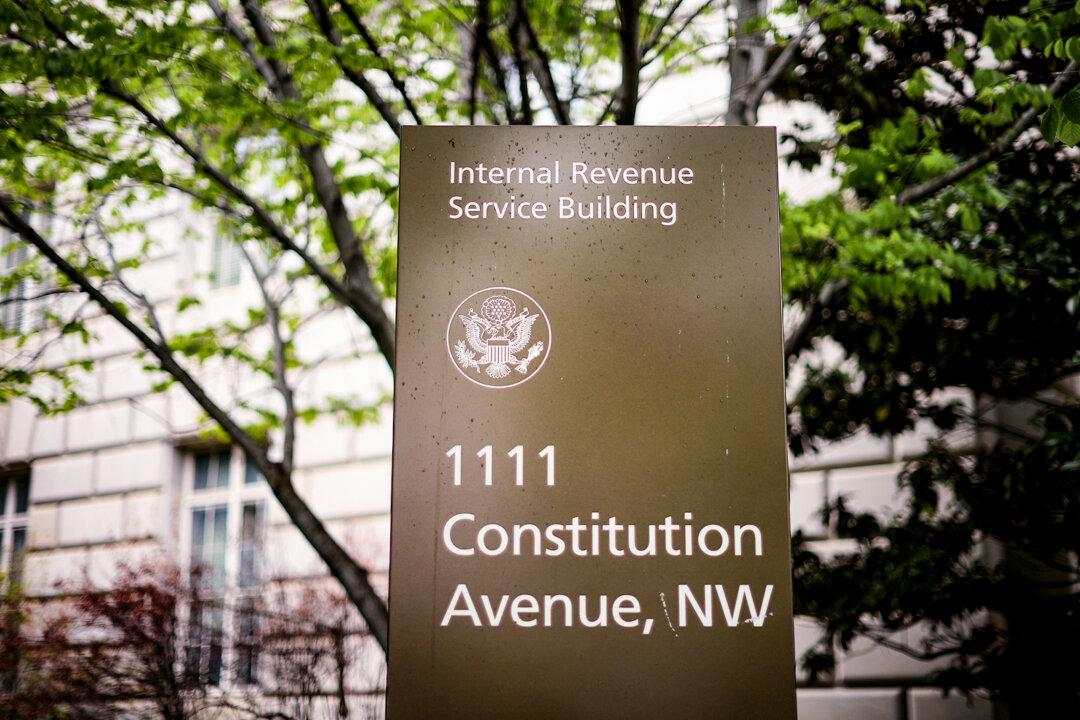As the 2022 tax season comes to a close, with less than two weeks left to submit returns, the Internal Revenue Service (IRS) has released its annual Dirty Dozen list of tax scams—warning individual citizens, businesses, and tax professionals to not let their guard down.
“Scammers are coming up with new ways all the time to try to steal information from taxpayers,” said IRS Commissioner Danny Werfel. “People should be wary and avoid sharing sensitive personal data over the phone, email or social media to avoid getting caught up in these scams. And people should always remember to be wary if a tax deal sounds too good to be true.”





